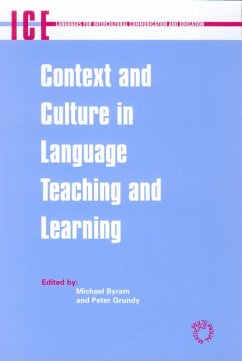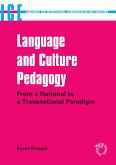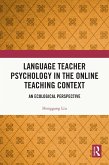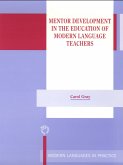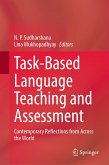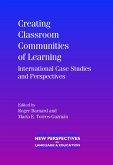The now familiar forces of globalisation and internationalisation are influencing the role and significance of language teaching and learning in contemporary classrooms. This affects the ways in which English is taught and learnt in particular but is also an inevitable factor in all language teaching and learning. The authors of the chapters in this book all share a concern to explore the ways in which the contexts in which language teaching takes place impact on the aims and the methods of language teaching. Some do so by discussing the implications for what research we do and how we do it; Kramsch, for example, explains in detail how her own research evolves from issues which arise in the classroom. In other chapters the changing nature of the teaching of English is presented from empirical research; Decke-Cornill, for example, identifies different philosophies of language teaching among different kinds of English teacher in Germany. Other authors present studies of the ways in which what learners bring to the learning process from their own contexts and languages has to be taken into consideration if we are to understand language learning; Holme shows this from close analysis of the acquisition of metaphorical language, and Wendt argues for the importance of a social constructivist theory of language learning. Our common purpose is to take a fresh look at teaching and research through the perspective of the inevitable connections between contexts, cultures and classrooms.
Dieser Download kann aus rechtlichen Gründen nur mit Rechnungsadresse in A, D ausgeliefert werden.

